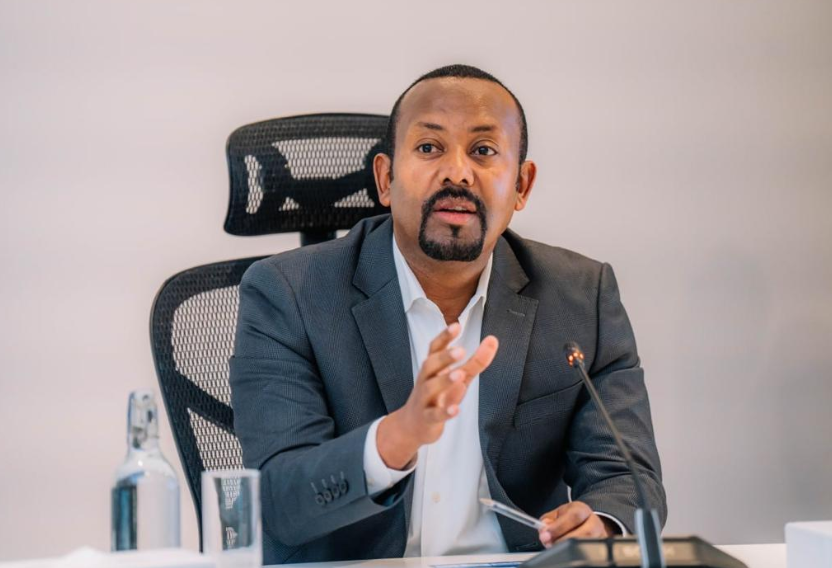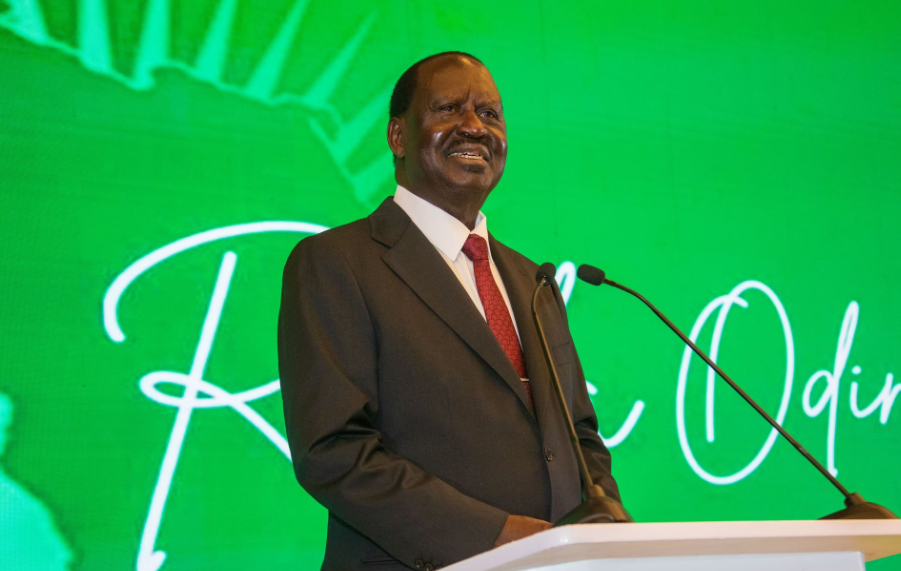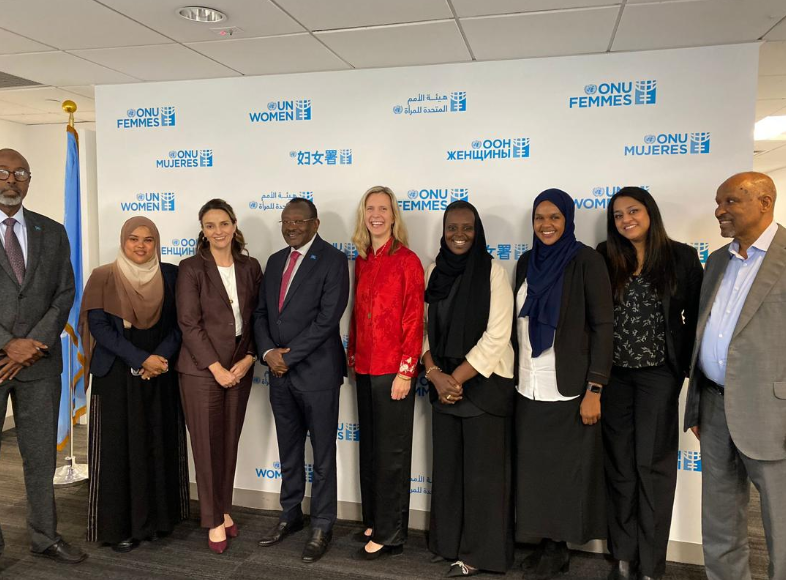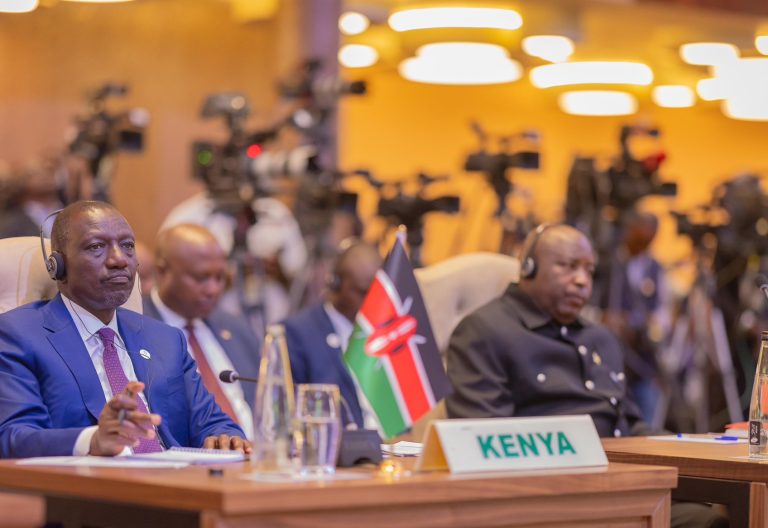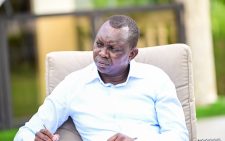East African States blamed for looming hunger in their region

One person is likely to die of hunger every 48 seconds in drought-ravaged Kenya, Ethiopia and Somalia, a report has revealed.
Dubbed Dangerous Delay 2: The Cost of Inaction, the report by Oxfam and Save the Children in partnership with the Jameel Observatory shows that people are starving not because the world lacks food or money, but because of a lack of political will.
“Rich nations successfully, and rightly, raised over $16 billion in one month to address the terrible crisis in Ukraine. They pumped over $16 trillion dollars into their economies in response to Covid-19 to support those in need. Countries can mobilise resources to prevent human suffering but only if they choose to,” Gabriella Bucher, the Oxfam International Executive Director, said during the launch of the report.
Bucher blamed the situation on the “world’s repeated failure” to avert preventable disasters.
Too slow
She stated that East African governments in particular bear responsibility for delayed response and refusal to acknowledge the scale of the crisis.
“They have not adequately invested in agriculture or social protection systems to help people better cope with the drivers of hunger, including climatic and economic shocks,” she said.
She noted that despite improved response to the 2017 East Africa drought when widespread famine was averted, the national and global responses have largely remained too slow and too limited in the current situation.
“Starvation is a political failure. The reason is despite worsening warning signs over time, leaders have responded woefully and when they do it is usually too late and still give too little leaving millions of people facing catastrophic hunger,” reads part of the report.
Arid and Semi-Arid Lands Humanitarian Network Convener Ahmed Ibrahim said earlier action would have helped prevent the escalation of the crisis, reduce suffering and would have cost less than the large-scale humanitarian response that is required now.
Research by USAid shows acting early on hunger not only saves lives but prevents economic loss. It is estimated that every dollar invested in early response and resilience in Somalia saves three dollars by preventing income and livestock losses.
“Entrenched bureaucracies and self-serving political choices continue to curtail a unified global response, despite improved warning systems and efforts by local NGOs,” said Ibrahim.
Save the Children Country Director for Kenya and Madagascar Yvonne Arunga said that what is happening in Kenya and Horn of Africa as a whole is horrific.
“The clock is ticking and every minute that passes is a minute too close to starvation and possible death of a child,” she said.
Arunga said that as of March, the number of children aged 6-59 months requiring treatment for acute malnutrition in Kenya had increased to 755,000, representing a 15.6 per cent increase from 653,000 in August 2021.
Herders have also been forced to trek longer distances in search of water and pasture, increasing the risk of resource-based conflict and family separation, which in turn heightens the risk of gender-based violence.
Oxfam Kenya Country Director John Kitui says that there is need for countries and the region to act collectively to avert the crises. “Governments of Kenya, Ethiopia and Somalia must scale up social protection to help people cope with multiple shocks. They should invest at least 10 per cent of their budgets in agriculture, with a particular focus on smallholder and female farmers, as they had agreed in the African Union Malabo Declaration of 2014,”said Kitui.
